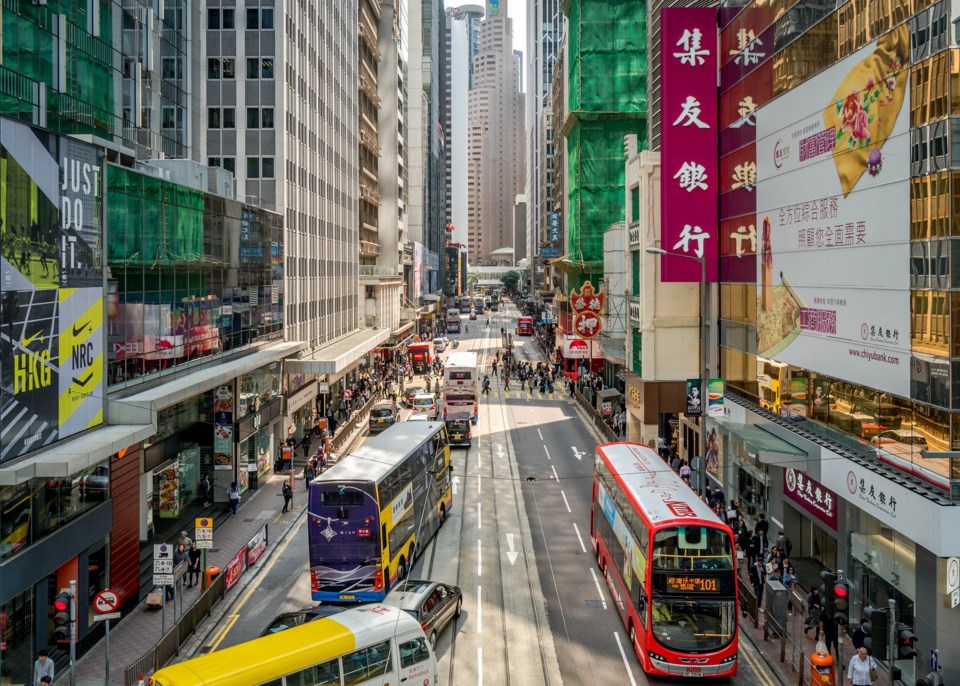Rising tensions between Hong Kong residents and Chinese authorities may highlight the symbiotic relationship between Hong Kong and Canada by spurring a new cycle of migration from the former British colony.
Hong Kong boasts one of the largest Canadian communities abroad, with 300,000 Canadians living in Hong Kong and nearly twice that number of Hong Kong residents living in Canada.
The migration pipeline between the two countries is largely a result of the 1997 handover of Hong Kong, where sovereignty of the territory was transferred from the U.K. to China. Many residents feared what the inevitable transfer would mean for democracy and freedom in Hong Kong. These concerns sparked waves of migration in the early 1990s to places like Vancouver and Toronto, with many of the migrants becoming Canadian citizens.
“The only things they fear they will be missing out on are the freedoms they enjoyed under the British regime,” said Rajiv Kozhikode, professor of international business at Simon Fraser University’s Beedie School of Business. “When they leave, they leave for the freedom. They don’t leave for economic opportunity or other benefits because they have that there.”However, the end of British rule in Hong Kong did not have as drastic an impact as many had thought. As years passed, many Hong Kong residents living in Canada began moving back to Hong Kong, not only because of the lack of Chinese intervention but for economic opportunity.
But the veil of Hong Kong independence that has existed for the past 20 years has been lifted. Millions took to the streets in Hong Kong last week to protest a newly proposed China extradition bill. If passed, the bill would allow the extradition of people not only to China but also to anywhere in the world with which Hong Kong does not have an existing extradition agreement.
Growing concern among Hong Kong residents about China’s encroachment on the territory could result in a wave of migration similar to that experienced in the 1990s.
If China continues to intervene in the territory, Hong Kong residents will move to Canada, said Kozhikode. However, if rising Chinese control in Hong Kong turns out to have less drastic consequences than feared, it’s likely those former residents will return.
This two-way flow of people would prevent a large jump in the immigration statistics. Because of the initial 1990s migration wave and the subsequent return, many of the Hong Kong residents likely to migrate to Canada are already Canadian citizens, having obtained citizenship during the first migration wave, or are the children of people who did.



